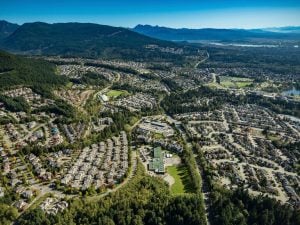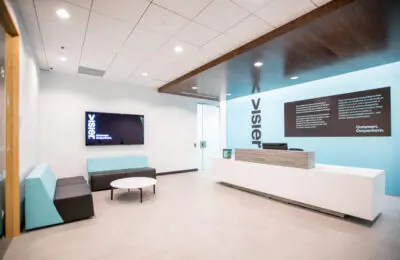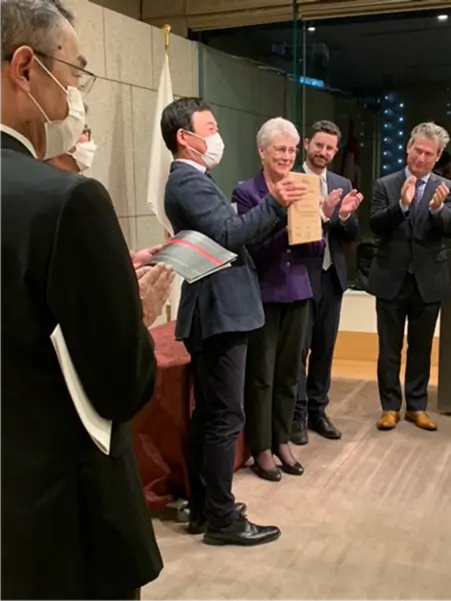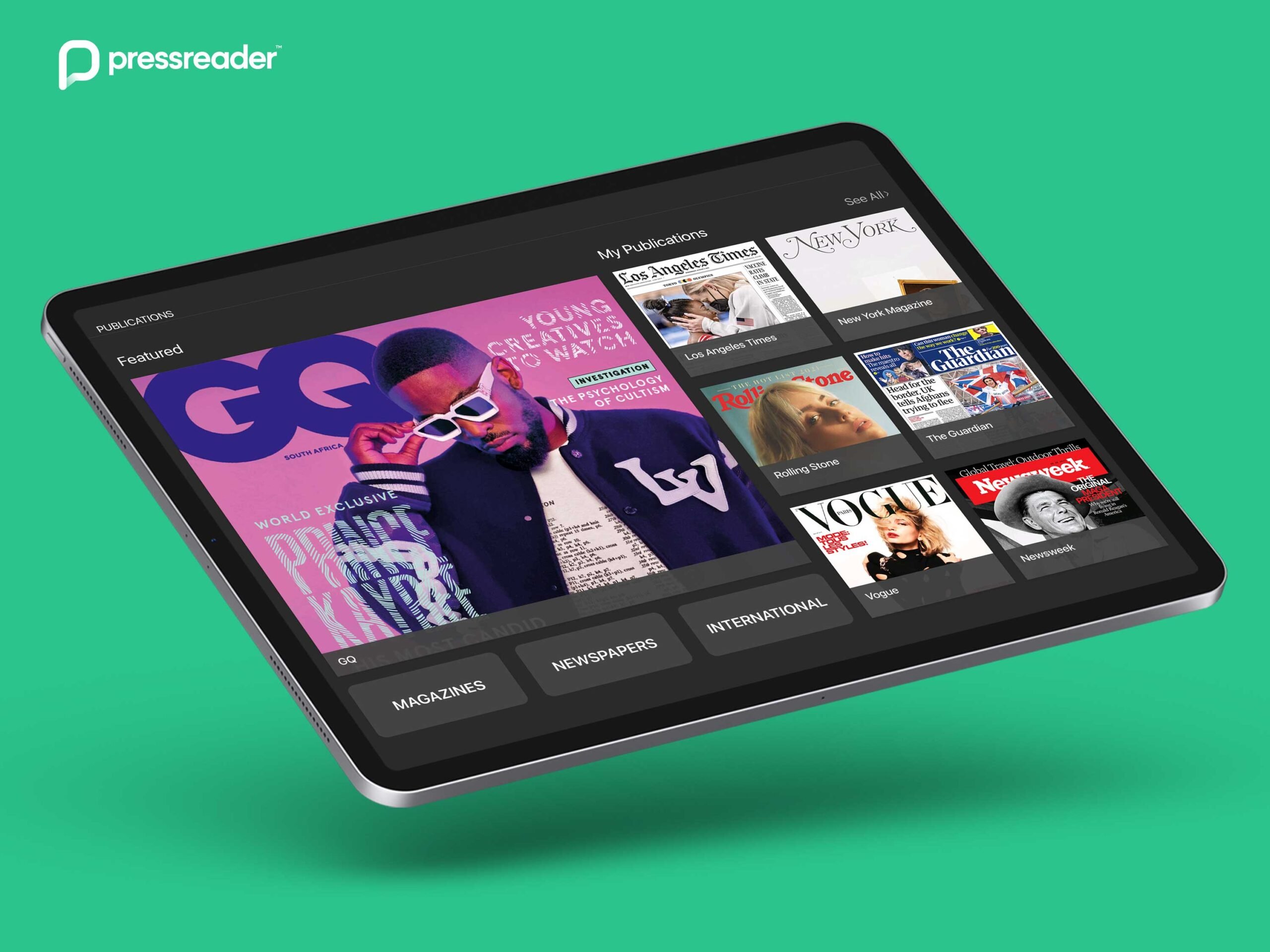
Smart Cities in British Columbia
British Columbia’s (B.C.) temperate climate, cosmopolitan cities, and clean environment provide a quality of life that draws people from around the world. With a trend of urbanization, comes the challenge of resource management and service delivery. Many British Columbia cities have stepped up to use smart technologies to find efficiency and improve the lives of their citizens.
City of Vancouver
As a leader of smart cities in British Columbia, the City of Vancouver has lofty goals of digitally transforming the city by using data and connected technology to address local issues. The city has a digital strategy that enhances engagement, making it easier for people to interact with and access city services through online, mobile and social media. Additionally, it aims to upgrade and expand digital infrastructure, and boost and fortify Vancouver’s digital economy. It created Van311, a mobile application that allows citizens to submit service requests about graffiti or broken streetlights anywhere, anytime.
 Vancouver is the first Canadian city to require that all new houses and developments install wiring to allow for future charging stations for electric vehicles. The city also runs a program to reduce vehicle idling and fuel waste by analyzing data from 1,000 city vehicles to optimize routes, reduce idling and implement fuel-saving strategies.
Vancouver is the first Canadian city to require that all new houses and developments install wiring to allow for future charging stations for electric vehicles. The city also runs a program to reduce vehicle idling and fuel waste by analyzing data from 1,000 city vehicles to optimize routes, reduce idling and implement fuel-saving strategies.
City of New Westminster
The municipal government has implemented an Intelligent New Westminster Strategic Plan and remains committed to pursuing innovation through different means to become a world-recognized intelligent community. There is Bridgenet, the city’s dark fibre network for residents and businesses to enable digital solutions that will increase citizen engagement, improve service delivery, and access.
The city also signed an Innovation Partnership Agreement with the New Westminster School District to increase digital innovation in education. This includes the New Media Gallery, which offers the public a reality that is transformed by technology and art. The facility also includes a new Learning Lab, a dedicated programming space that contains a growing array of sophisticated teaching technologies for primary and secondary students.
City of Nelson
Nelson was recognized by the Intelligent Communities Forum (ICF) as one of the Smart21 cities in 2017. With a population of 10,000 people, Nelson leverages technology to communicate with residents and visitors. It is one of the cities in the Smart Kootenays Digital Mobility Platform Proposal, which will develop a transportation app to show users real-time travel data including road safety issues, closures, wait times, and natural disasters.
 The City of Nelson, together with Selkirk College, also developed the Selkirk-SME Applied Research and Technology Solutions (SMARTS) program to connect small and medium enterprises with applied research expertise in the fields of geospatial and digital fabrication technologies.
The City of Nelson, together with Selkirk College, also developed the Selkirk-SME Applied Research and Technology Solutions (SMARTS) program to connect small and medium enterprises with applied research expertise in the fields of geospatial and digital fabrication technologies.
City of Victoria
The capital city of British Columbia consists of thirteen urban and rural municipalities and is home to a $7.8 billion high-tech sector. The South Island Prosperity Project is developing the Mobility Wellness Index, to measure the link between human health and how people move around in the city.

Victoria is advancing plans to implement micro-transit for local college students and developing a data-sharing platform to analyze the usage of various modes of transportation. This data will be shared with public transit, the ferries system, ride-sharing services and bicycles to optimize routes and improve traffic efficiency.
City of Coquitlam
Coquitlam has been named one of the world’s Smart21 Communities of 2023 by the Intelligent Community Forum (ICF), recognized for its innovation in using technology and data to enhance public spaces and improve quality of life. It is the only community in B.C. and one of six Canadian municipalities to receive this honor. Coquitlam leverages technology to enhance community life through a wide range of services, including online eServices, free Wi-Fi in city parks and facilities, and LED streetlights.
 Since 2018, the city has also implemented a Technology Roadmap that fosters innovation and improves business functions. It prioritizes remote work solutions, physically distanced service delivery, and enhanced cybersecurity measures. The city uses virtual reality to provide staff and the public with realistic walkthroughs of proposed developments, helping them visualize how these projects will fit into the neighbourhood.
Since 2018, the city has also implemented a Technology Roadmap that fosters innovation and improves business functions. It prioritizes remote work solutions, physically distanced service delivery, and enhanced cybersecurity measures. The city uses virtual reality to provide staff and the public with realistic walkthroughs of proposed developments, helping them visualize how these projects will fit into the neighbourhood.
Coquitlam also uses an interactive city map for residents to find zoning information, utility, and property data, as well as city facilities locations. To assist with tourism, there are also community information hubs and wayfinding information at key transportation points.
From small towns to large urban cities, British Columbia sees the benefits of leveraging technologies to create efficiencies and improve the quality of life for its citizens. Companies and governments work together to showcase their expertise in information and communication technology (ICT). With over 96% of B.C. households having broadband internet access, residents can actively participate in the digital economy and foster economic growth across diverse communities. Follow us on X and LinkedIn for more updates and sector trends.
Related News
We Can Help
Trade and Invest BC helps facilitate foreign direct investment and has Trade and Investment Representatives in markets around the world. Contact the representative nearest you for support in investing in British Columbia.




